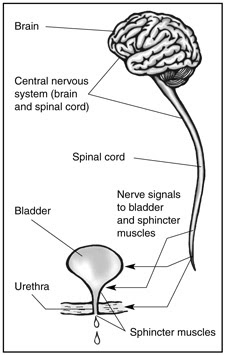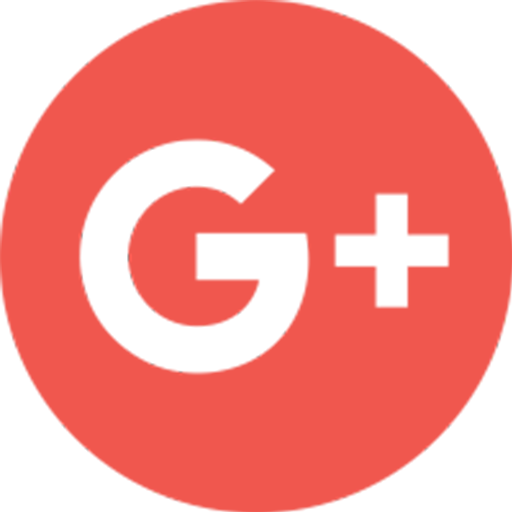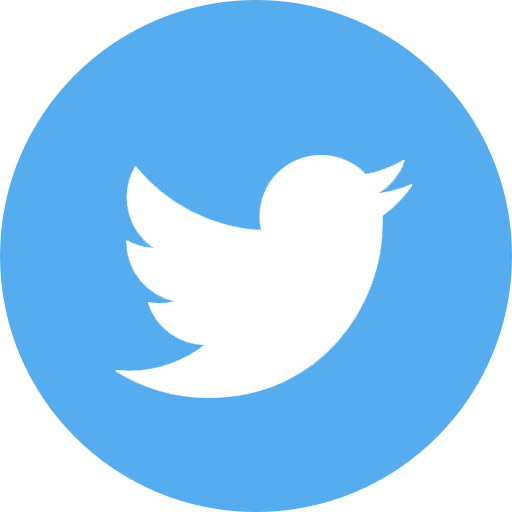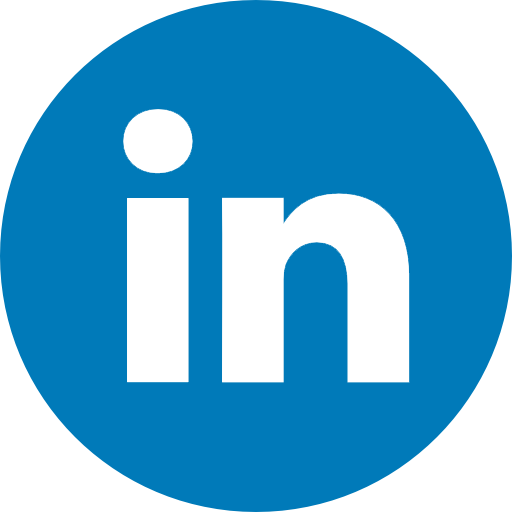Tagged: incontinence
- For Caregivers
- For Researchers
- Find A Support Organization
- Find Survivors
- First 6 Months
- Where to find help
- Memory loss
- "Eric Dodge thread"
- Our Tuesday "Bus Station" meeting
- Can expressive aphasia improve over time? I'm asking for my brother, he is 17 years old and he had his stroke on the 21st of August, the stroke affected his right side and the opposite side of his brain. so he can't speak he uses gestures to respond and his right side is not working.
- Challenges After Leaving the Hospital
- A few things about using the Strokefocus Forum
- Real Challenges
- Neurological Recovery
- Debt Relief
- As a separate note, in case you do not want to receive emails.
- Spasms
- tremor
- How do we find support from organizations
- Stroke prevention
- good morning I still have cramps on my hands
- recovery after 5 yrs.
- Palliative care for Stroke Survivors and their families in South Africa
- What's your best hack?
- International Stroke Day
- Am I too sensitive?
- finding work opportunities
- Nerve pain
- Finance
- Accepted? Or Tolerated?
- Kids will play a very big role
- Kids are the key
- First 6 months is crucial
- Guilt is my concern with the stroke
- Let's get real
- Stroke hereditary?
- Recovery
- Aphasia
- Looking for Love
- Aphasia: A loss of words, not thoughts
- Discs for the car
- Caregiver post
- Care Giving
- Please help me find a job as a caregiver I am a quliefied certified caregiver…
- Seeking employment
- Arm
- Support group
- Stroke Help and Wheelchair
- DRIVING
- Recovery
- Get involve and engange with stroke support organization
- Anyone from Zambia?
- Occupational Therapy Around Chatsworth Durban KZN
- Occupational Therapy Around Chatsworth
- Frustrated
- Issues of the mind.....
- Arm and Leg mobility
- Child supporting parent
- Arm and Leg mobility
- Therapy options
- Disability Benefits options
- Confused
- Staying positivr post STROKE
- Staying positivr post STROKE
- The new Dating forum
- Relationship
- Emotions
- Disability Benefits
- Mindfulness
- Mobility
- Sleeping
- Diet
- New Products
- Recipes
- First 6 Months
- Ask Pros
-
CreatorTopic
-
March 12, 2019 at 1:15 am #6840
 Joyce HoffmanParticipant
Joyce HoffmanParticipantI got used to not urinating because of sitting at my desk and drinking water and coffee all day long. I developed a remarkably humongous bladder (5 doctors at 5 offices in 3 different states said so after I had CT scans) and I had, I might add, constant UTIs (urinary tract infections). You’re supposed to “pee” after drinking massive amounts of fluid. I’m finishing a post now on incontinence in my blog, “The Tales of a Stroke Patient,” that will tell you and me more. Stay tuned!
-
CreatorTopic
-
AuthorReplies
-
-
 Joyce HoffmanParticipant#7003
Joyce HoffmanParticipant#7003
March 15, 2019 at 12:02 amOnce upon a time, before I had the stroke, I used to sit for long, agonizing hours at my office desk, and didn’t urinate for 12 hours while drinking boatloads of coffee and water. I didn’t want to leave my desk for fear the boss wanted something earth-shattering, silly office things, like telling us who passed gas in front of the Director or who got canned because he watched Westerns on his office computer. He always wanted us available for things. Things that could wait.
As a result, I got used to not peeing. I developed a remarkably humongous bladder (5 doctors at 5 offices in 3 different states said so after I had CT scans) and I had, I might add, constant UTIs (urinary tract infections). You’re supposed to “pee” after drinking massive amounts of fluid.
Anyway, despite my inordinately large bladder, I developed incontinence after I had my stroke. I was constantly leaking. So I took to Poise to help with the embarrassment, larger and thicker pads until I was at #6, the Ultimate. Ultimate absorbency, the ominous sign above a grocery shelf said. Ultimate absorbency. I had reached the limit.
Why was this happening? Soon, in about a week’s time of research, I had my answers. And we’re off!
No matter how you explain it, everything comes from the brain. And The American Urological Association (AUA) has a simple answer.It’s called neurogenic bladder, or bladder dysfunction.
“The bladder and kidneys are part of the urinary system,” the AUA says. “These are the organs that make, store, and pass urine. When the urinary system is working well, the kidneys make urine and move it into the bladder. The bladder is a balloon-shaped organ that serves as a storage unit for urine. It is held in place by pelvic muscles in the lower part of your belly.”
The AUA goes on to say that the nerve signals in your brain let you realize that your bladder has to empty itself. Then the brain tells the bladder muscles to contract, allowing urine out through your urethra, the tube that carries urine out of your body. Your urethra muscles are called sphincters that keeps the urethra shut until you’re ready to “pee.”
If these nerves are damaged by illness or injury, the muscles may not be able to relax or tighten at the correct time. As a result, bladder muscles may be overactive and squeeze more often than normal before the bladder is full, or sometimes the muscles are too relaxed and let urine come out before you’re ready, or sometimes the sphincter muscles around the urethra remain tight when you are trying to empty, and sometimes people have both overactive and underactive bladder at different times. Don’t bother with the distinctions. If you’re leaking or gushing, you’re wet to some degree.If you have neurogenic bladder, or incontinence, see your doctor. It can’t be cured, but it can be managed.
I came across 2 interesting therapies, the one involving surgery, the other a needle:
Sacral Neuromodulation: When drugs or lifestyle changes don’t help, there’s sacral neuromodulation. The sacral nerves carry signals between your spinal cord and the bladder, allowing the surgeon to place a narrow wire in proximity to the sacral nerves. A wire is connected to a small, battery- operated device that is placed under your skin. The harmless electrical impulses to the bladder stop the signals that can cause the bladder to leak.
Percutaneous Tibial Nerve Stimulation: This type of neuromodulation involves a needle that’s inserted into a tibial nerve in your leg, most likely the ankle. The needle, connected to a device that emits electrical impulses, travel to the tibial nerve, and then to the sacral nerve. This procedure is done in your doctor’ss office, and patients ordinarily receive 12 treatments for top results.
The AUA says that certain drinks, foods, and medications may act as diuretics, stimulating your bladder to “go” more often. They include:
- Alcohol
- Caffeine
- Chocolate
- Carbonated drinks and sparkling water
- Heart and blood pressure medications, sedatives, and muscle relaxants
- Large doses of vitamin C
Persistent urinary incontinence may be caused by underlying changes, including:- Neurological disorders, like stroke or other TBIs
- Pregnancy
- Childbirth
- Age changes
- Menopause
- Hysterectomy
- Enlarged prostate
- Prostate cancer
- Obstruction, such as a tumor or urinary stones
- Hysterical laughing or annoying coughing
Risk factors that increase your risk of developing urinary incontinence include:- Gender
- Age that weakens the muscles involved with urination
- Being overweight
- Brain injury
- Smoking
- Family history (lousy genes will get you every time)
- Other neurological diseases
- Diabetes
As I said before, urinary incontinence may not be preventable, but you have to maintain a healthy lifestyle, including:- Maintain a gender-specific correct weight
- Practice pelvic floor exercises
- Avoid bladder bothers listed above
- Don’t smoke, the perennial favorite
- Avoid constipation by eating more fiber, constipation being one of the causes of urinary incontinence
Easier said than done? Maybe. But as the quote-worthy Mark Twain once said, “The only way to keep your health is to eat what you don’t want, drink what you don’t like, and do what you’d rather not.”I think Mark Twain nailed it.- This reply was modified 54 years ago by .
-
 AnonymousInactive#6874
AnonymousInactive#6874
March 12, 2019 at 1:38 amJoyce, thanks for bringing this up.
Stroke causes so many inconvenient changes to our life.
How often do we hear “you need to exercise more” and “drink a lot of water”? Great advice. People mean well.
But how much does such advice help? Unfortunately not much.
We would love to return to gym and backpack on the hiking trails on a regular basis. Nothing brings us more joy than getting back to the old exercises or active life styles before stroke. Yet, this is no longer possible to many of us. Instead of talking about the great benefits of exercises, we need discussions on what if we can not exercise? What if drinking a lot of water could lead to something we do not want? At least, we find ourselves not alone when dealing with these issues.
By the way, your blogs are beautiful.
-
-
AuthorReplies
- You must be logged in to reply to this topic.








